I Will What I Want (2015)

Triumph of the Will (1902)
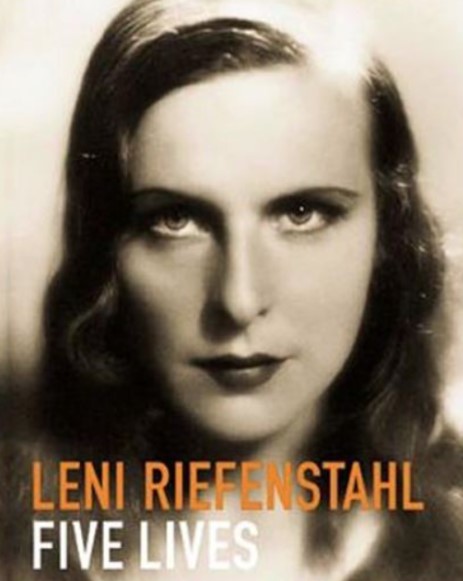
White Feather (1968)
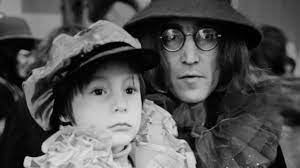
A Joyful Noise (1963)
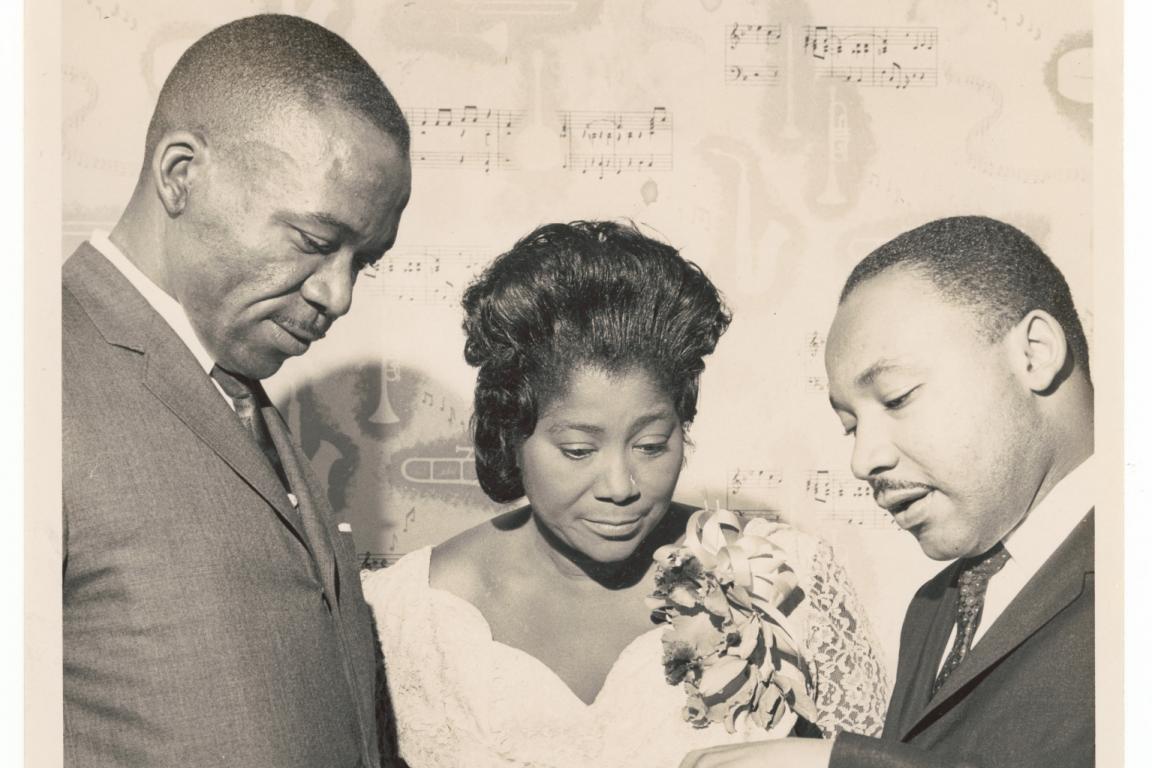
Still Somewhere
.jpeg)
The Story Bank (opened in 2019 )
Maryborough, Queensland, Australia
“Sorrow lies like a heartbeat behind everything I have written.” P. Travers
If the east wind blows you into the town of Maryborough, visit The Story Bank to partake of heaping spoonfuls of sugar. The museum was the birthplace of P. L. Travers, the Australian-born author of British nanny, Mary Poppins.
The Storm (1875)
.jpeg)
Failure is Impossible
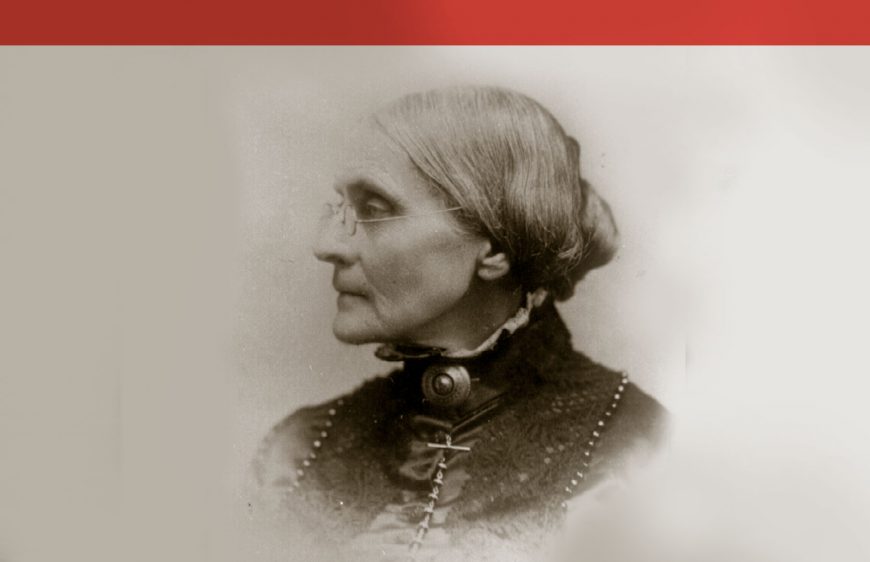
Susan B. Anthony House (opened 1971)
Rochester, New York
“Men, their rights, and nothing more; women their rights, and nothing less.” Susan B. Anthony
The unwavering friendship between Elizabeth Cady Stanton and Susan B. Antony formed the foundation of the American suffrage movement. Elizabeth supplied the speeches that Susan delivered, “I forged the thunderbolts and Susan fired them!” For those desperately seeking Susan, one should make a pilgrimage to the Susan B. Anthony House.
I Do Not Give a Damn (1893)
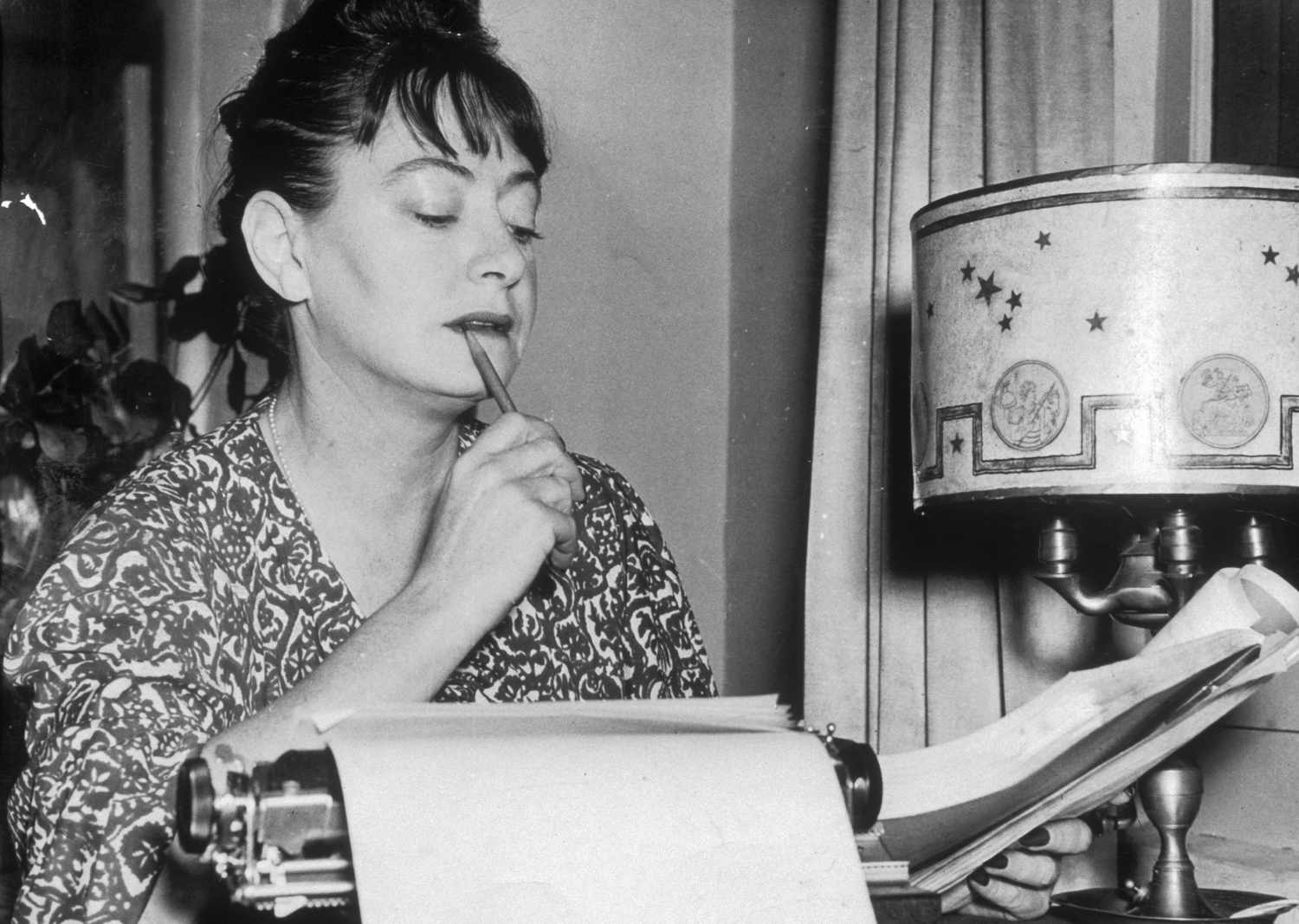
“The first thing I do in the morning is brush my teeth and sharpen my tongue.”
I Still Believe
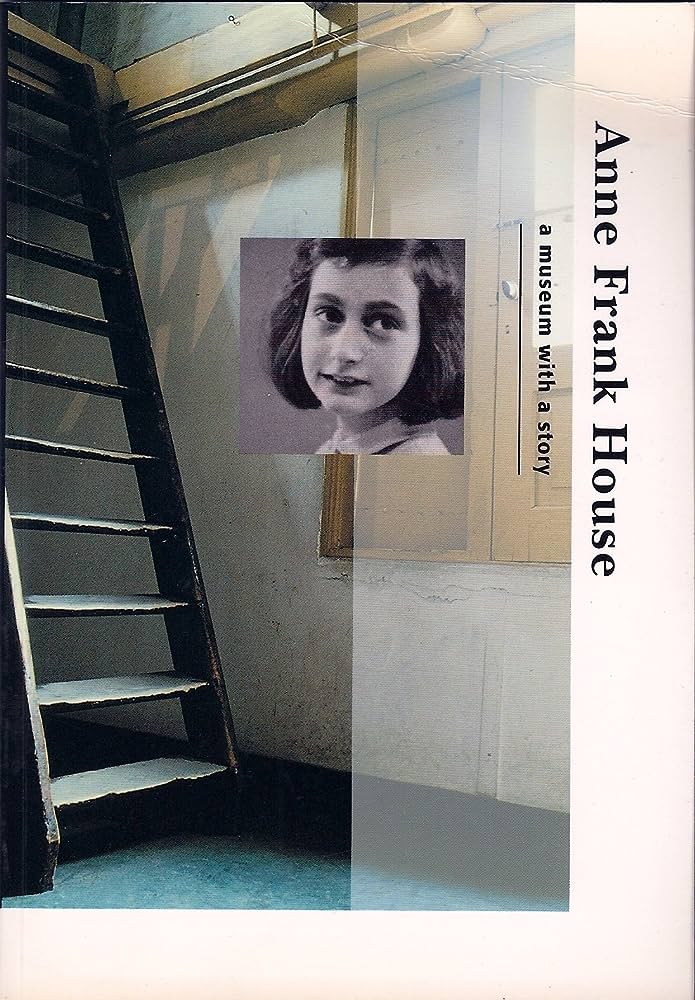
“I want to go on living after my death.” – Anne Frank
The Anne Frank House (opened in 1960)
Prinsenghracht 263, Amsterdam, Holland
As Romeo walked the streets of Verona, he observed, “Here is much to do with hate but more with love.” The self-same words apply to an Amsterdam building that receives over a million annual visits. The hate emanated from the mustached madman of Berlin; the love stemmed from the shared devotion of the Frank family.
Antonia's Ark (1908)
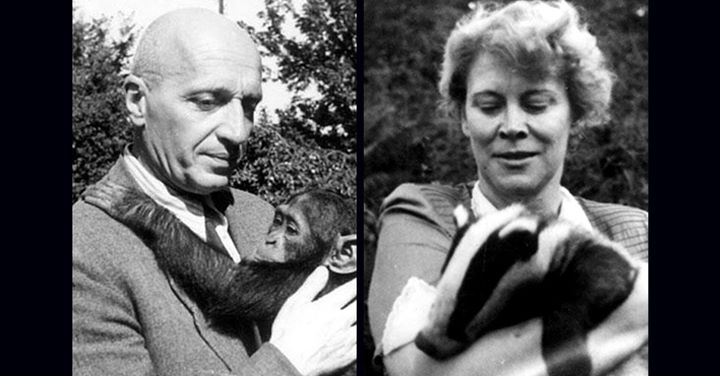
“You can never tell who your enemies are, or who to trust. Maybe that’s why I love animals so much.”
The modern zoo originated in 1907 when a German animal whisperer opened the eponymous Carl Hagenbeck Animal Park. Hans Augusto Rey, a frequent visitor, spent hours drawing monkeys he later immortalized in his literary creation, Curious George. A Polish zoo was also a curious place whose owner understood that those who emulate the three proverbial monkeys-see no evil, speak no evil, hear no evil- are complicit in inhumanity.
Eureka! Penguin Books
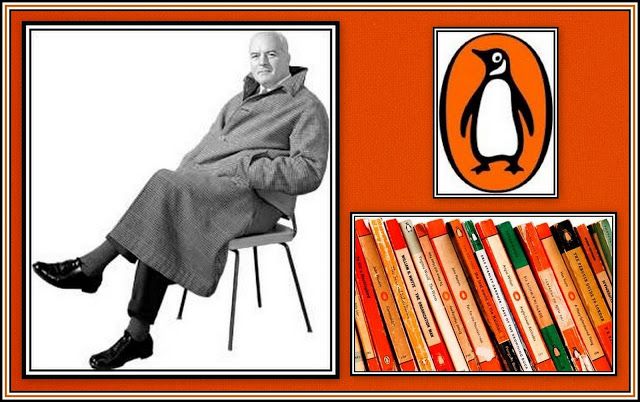
Revolutions have made deep inroads on the face of history: the French, American, and Russian Revolutions irrevocably altered the world. However, there was another type of upheaval, equally ideological, but far less bloody, that led not to political change but to revolution. Moreover, in the process, a bird once only indigenous to the Arctic became ubiquitous throughout the world.
A Girl's Best Friend (1946)
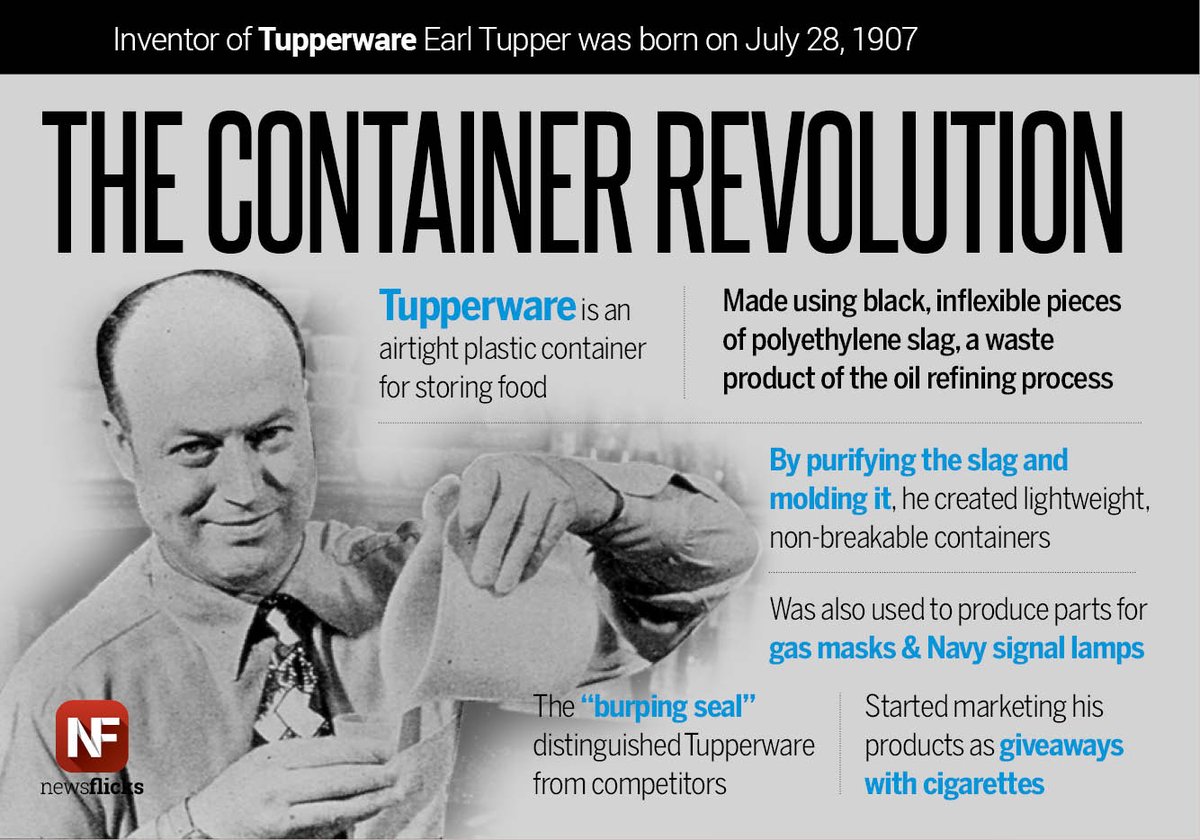
Vertubenflugen (1985)
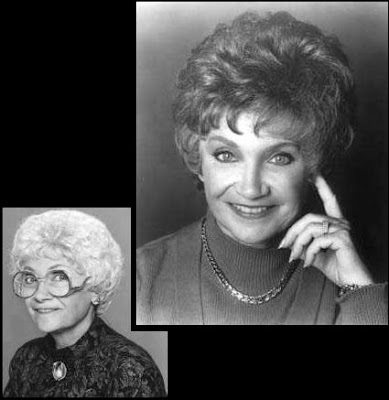
Rose to Blanche, “I thought you wore too much make-up and were a slut. I was wrong. You don’t wear too much make-up.”
Picture it: Miami, 1985. NBC aired a novel series that featured women of a certain age who did more than strategize where to place their crotchet creations. Instead, the Four Musketeers from The Golden Girls proved there was life post menopause.
Just Sarah (1959)
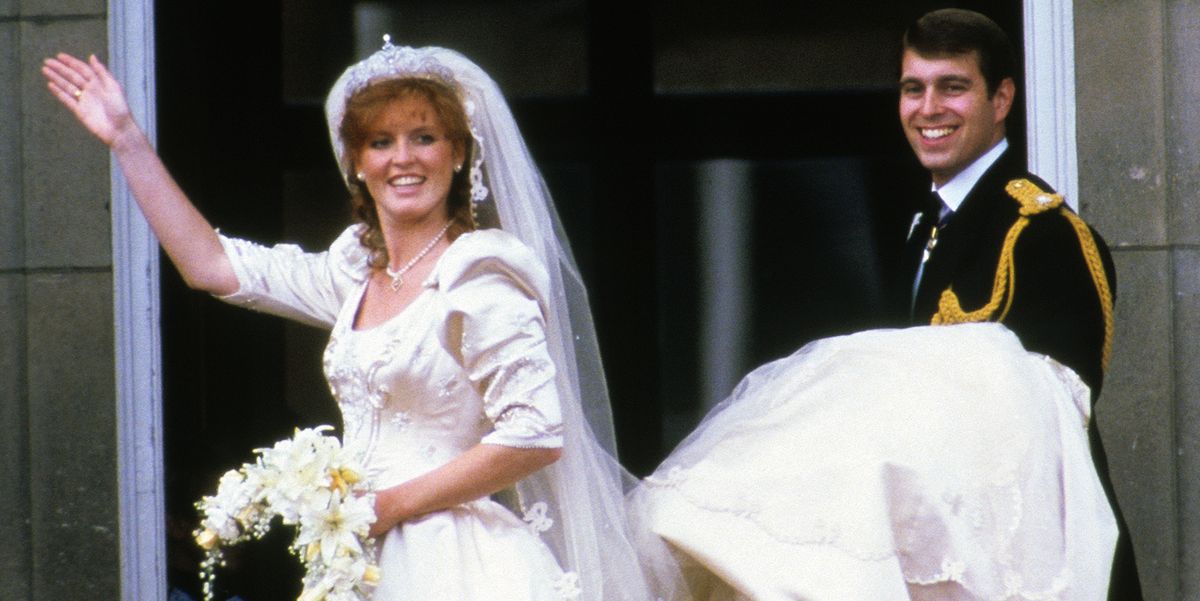
You Can't Beat 1903
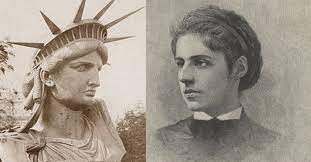
From time immemorial, relationships have often been expressed through gifts. Some, like Eve’s apple and the Trojan Horse, proved unkind to those who received them, while other gifts have been odes to romance. Few women have received as wondrous a present as Cosima Wagner did when Richard composed the Siegfried Idyll for her birthday. Tsar Alexander’s Fabergé egg gained mileage with his young bride, as did Burton’s 68-carat diamond to his ladylove. Resplendent as the symphony, the egg, and the ring may be, nothing could rival a son’s tribute to his mother.
Dorian Gray (1880)
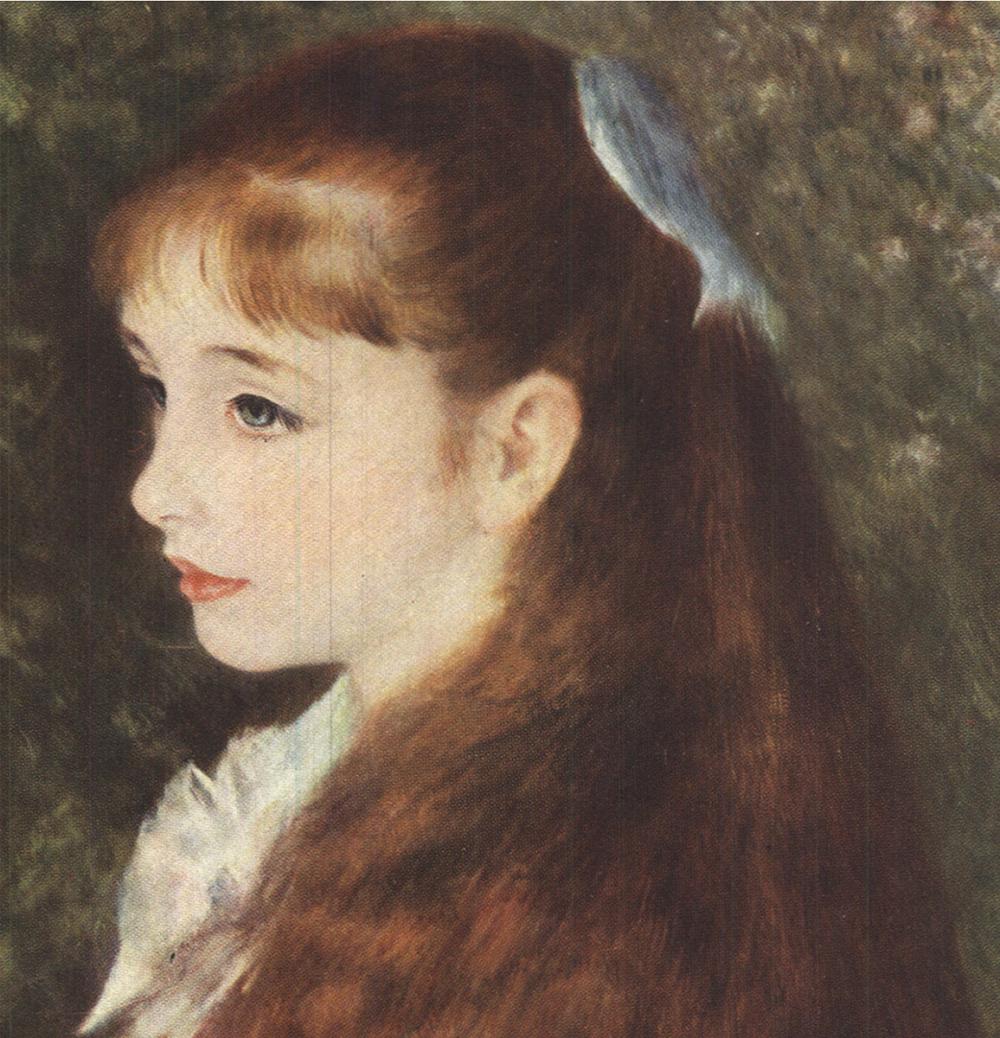
Love Life (1947)
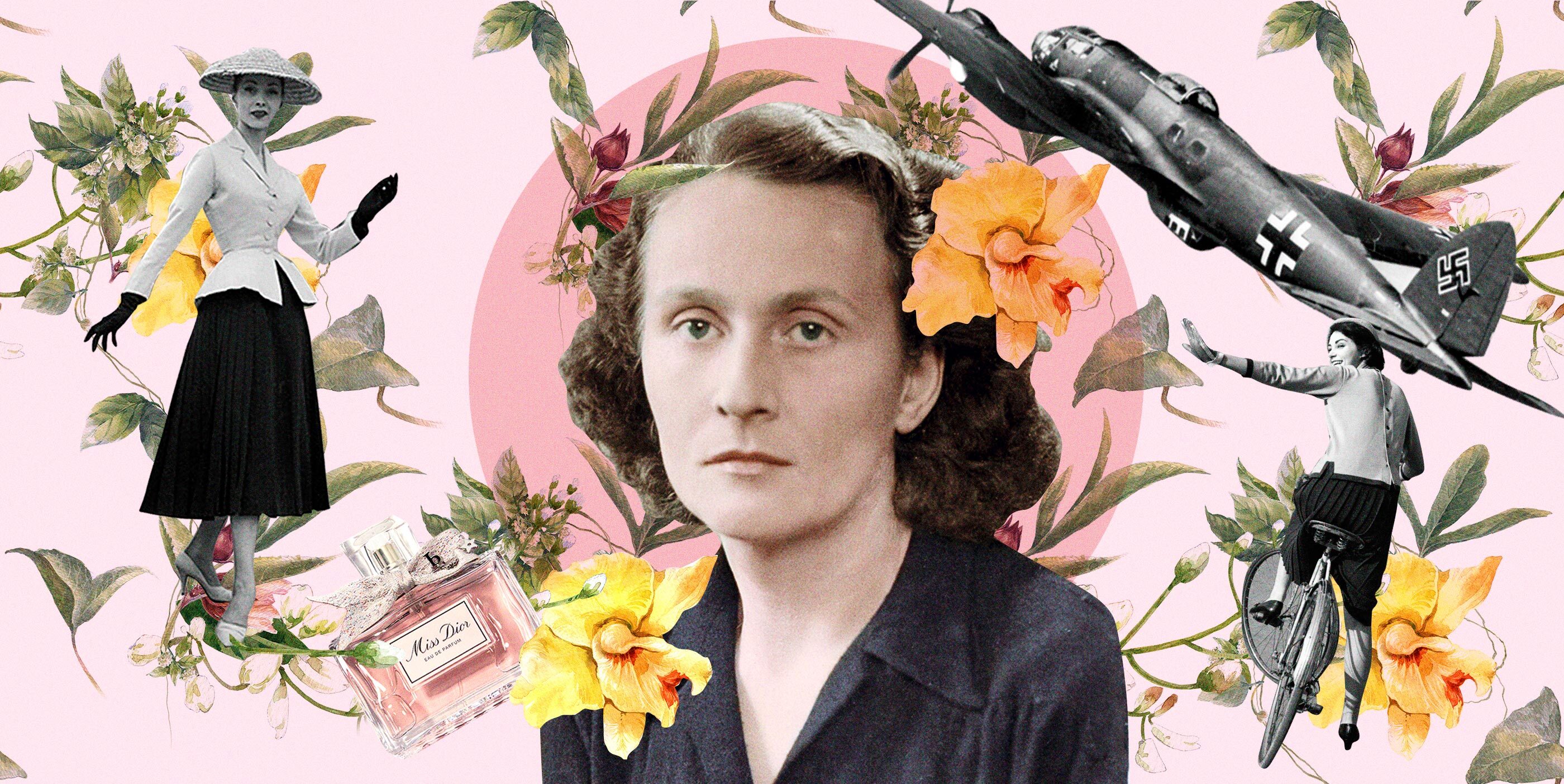
The Salt is Sugar (2013)

“Two hundred women, no phones, no washing machines, no hair-dryers, it was like Lord of the Flies on estrogen.” Piper
Television series centering on female friends? check; on family dynamics? check; on landing Mr. Right? check. Not until the arrival of Netflix’s dramedy, Orange is the New Black, did the small screen turn to the hell of incarcerated women.
A Band of Angels
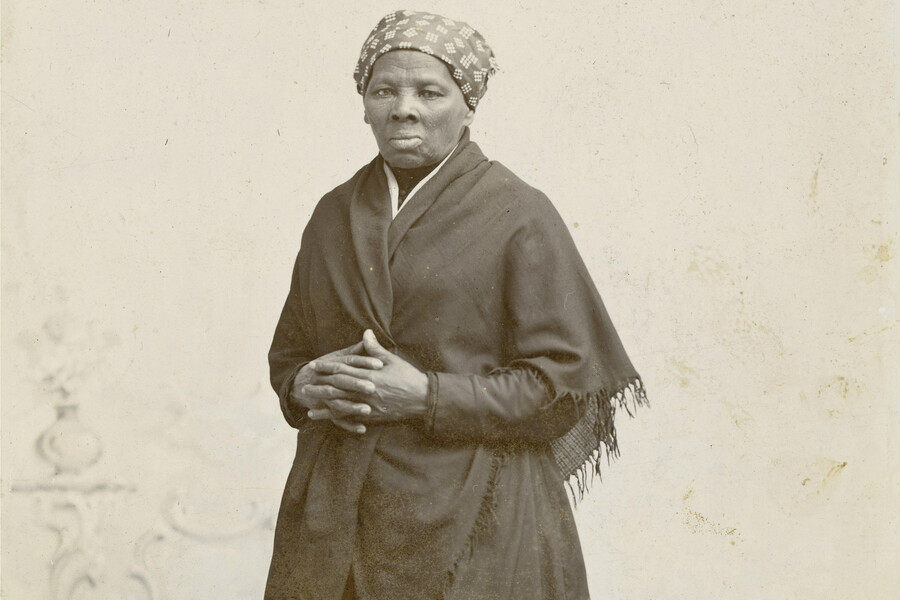
Harriet Tubman Home (opened 2017)
180 South St. Auburn, New York, 13021
“There was one of two things I’ve got a right to, liberty or death. If I could not have one, I would have the other, for no man should take me alive.” Harriet Tubman
The old Negro spiritual holds the plaintive words, “Swing low, sweet chariot/Coming for to carry me home…” For the enslaved, home referred to heaven, the end of earthly misery. The Harriet Tuman Home is a testament to dreams do not have to wait for the hereafter.
Don't Forget Me
.jpeg)
“I am happy to be alive as long as I can paint.” – Frida Kahlo
Museo Frida Kahlo (opened in 1958)
Londres 247, Colonia del Carmen, Coyoacán, México
In the early and mid-twentieth century, Coyoacán was Mexico City’s Montparnasse, Greenwich Village, and Haight Ashbury as artists congregated in its free-spirited enclave. And the queen of Boho, Frida Kahlo, reigned from her eclectic blue Casa Azul, (the blue a nod to the cultural tradition that it wards off evil spirits), now the Museo Frida Kahlo.


